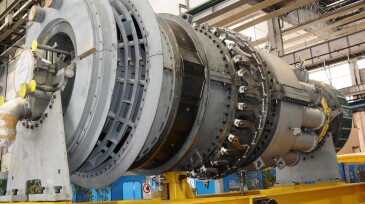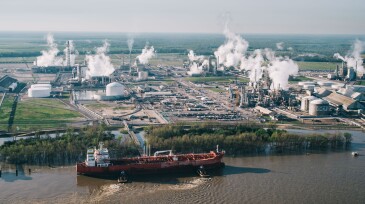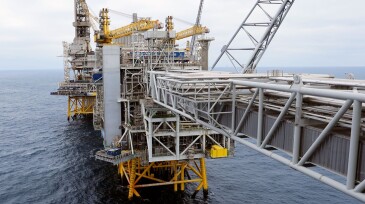artificial intelligence
-
The energy technology company received an order from Twenty20 Energy for 10 gas turbines to power US data center infrastructure.
-
The cloud platform provider said the initiative is designed to help energy companies manage and analyze large-scale operational data.
-
This guest editorial explores the rise of agentic AI and its potential effect on oil and gas professionals.
-
A final investment decision is also expected by the end of the year for the company’s first low-carbon data center project.
-
The Norwegian major said it is using artificial intelligence for predictive maintenance throughout its facilities and for interpretation of seismic data from the Norwegian continental shelf.
-
Even as output hits record highs, a growing recognition of the Permian’s maturity is opening the door for new technologies to improve performance.
-
This paper describes an auto-adaptive workflow that leverages a complex interplay between machine learning, physics of fluid flow, and a gradient-free algorithm to enhance the solution of well-placement problems.
-
Switching from continuous circulation to cyclic huff-‘n’-puff operation in enhanced geothermal systems can significantly delay thermal breakthrough, sustain higher production temperatures, and improve long-term economic performance.
-
The Federal Reserve Bank of Dallas’ fourth-quarter energy survey shows that oil prices and geopolitical uncertainty are curbing enthusiasm heading into the new year.
-
The two companies say they plan to work together to use agentic AI to increase the capabilities of technical experts.
Page 1 of 33










